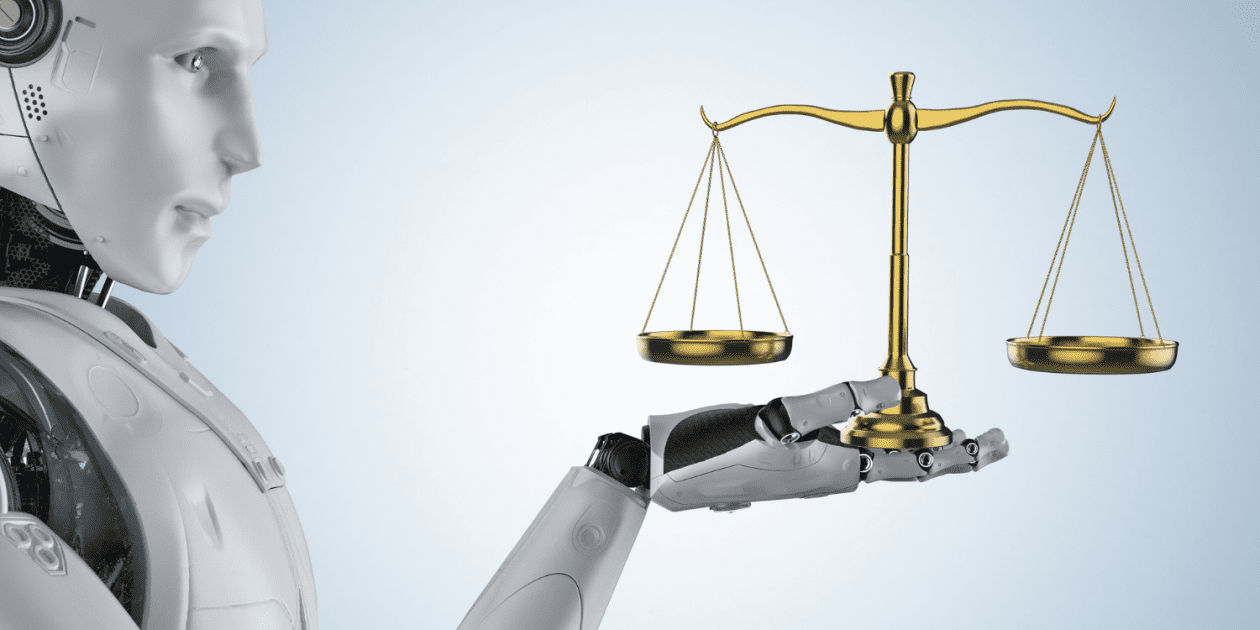On Thursday, two Manhattan lawyers were penalized with a $5,000 fine for submitting court documents containing fabricated cases and citations created by ChatGPT and subsequently lying about it in court.
The lawyers Steven A. Schwartz and Peter LoDuca were given the task of deciding whether to personally apologize to the impacted judges by the Manhattan judge who handed down the punishment. The 34-page penalty opinion will also have to be delivered by the lawyers to the actual judges, who, according to ChatGPT, were the ones who issued the fictitious verdicts.
In an affidavit presented to the court, Schwartz stated that he used ChatGPT to “supplement the legal research” when drafting the documents.
LoDuca, the record counsel in the case, filed a brief with the court that made references to instances that didn’t actually exist. Schwartz, an attorney with three decades of practice, did not sign the document because he is not qualified to represent clients in federal court.
Peter LoDuca and Steven Schwartz, who were representing their client in a lawsuit against Avianca Airlines, “abandoned their responsibilities,” according to Judge P. Kevin Castel, and “continued to stand by the fake opinions after judicial orders called their existence into question.”
In a second order issued on Thursday, the judge approved Avianca’s request to have the lawsuit against it dismissed. Roberto Mata had filed it on their behalf, alleging that a metal serving tray had caused him to suffer serious knee injuries during a flight from El Salvador to New York in August 2019.
Castel claimed that the Montreal Convention’s two-year window for filing legal claims relating to international air travel had passed when Mata’s lawsuit was filed.
The judge said that if the lawyers had disclosed that Schwartz had used ChatGPT to create the brief opposing Avianca’s application to dismiss the case, he might not have punished them. But once Avianca’s attorneys expressed worries that the legal citations in the brief were from court decisions that did not exist, Castel said that the attorneys had shown “bad faith” by making false and misleading claims about the brief and its contents.
Castel wrote in his order that, “In researching and drafting court submissions, good lawyers appropriately obtain assistance from junior lawyers, law students, contract lawyers, legal encyclopedias and databases such as Westlaw and LexisNexis.”
“Technological advances are commonplace and there is nothing inherently improper about using a reliable artificial intelligence tool for assistance,” Castel wrote. “But existing rules impose a gatekeeping role on attorneys to ensure the accuracy of their filings.”
Castel stated in his decision in the U.S. District Court in Manhattan that “The Court will not order an apology from Respondents because a compelled apology is not a sincere apology. Any decision to apologize is left to the respondents.”




